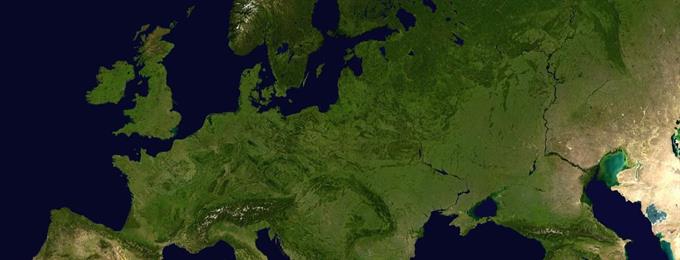Education, research and innovation will be key in addressing the EU’s challenges ahead.
The new institutional cycle of the EU is slowly taking shape after the European elections. The new President-elect of the EU Commission (EC), Ursula von der Leyen, is crisscrossing Europe in her quest for assembling a new College of Commissioners. Brussels is still in a transition phase – in many ways: The new EC will take up work on 1 November if everything goes well and reservations by the European Parliament (EP) do not require extra time. For the education, research and innovation (ERI) field it will be crucial who will fill the respective Commissioner seats, and it will take some time until the new Commission will be fully operational. The incoming von der Leyen Commission is also leading to changes in the EC’s civil service. The most prominent civil servant of the Juncker era, Secretary General of the EU Martin Selmayr, will be leaving Brussels and has already been appointed to become the new Head of the EU representation to Austria – while continuing to serve the outgoing EC President as an advisor until 31 October.
While the new EP still has to get up to speed and a new EC has yet to emerge, the EU Presidency (see SwissCore article), currently Finland, is assuring some continuity. The current Trio of Romania, Finland and Croatia were well aware of this transition phase during their 18-month-presidency when they prepared their Programme of the Council that begun on 1 January 2019 and will last until the end of the Croatian Presidency on 30 June 2020. Thus, building close and constructive relations with the new institutional actors is a high priority in order to assure returning to a normal working rhythm as soon as possible. Apart of the transition into a new legislative cycle, also the EU membership is in transition with Brexit leading to a future EU-27. The new government in London has already decided not to nominate a Commissioner. Independently of whether the current Brexit date of 31 October will be postponed or not, it is already clear that the new EC will be busy dealing with the repercussions right from the beginning of its mandate.
However, the EU is not only in transition from an institutional or membership point of view, but also regarding its policies. While the two are obviously connected, there is still a lot of debating ahead about the EU’s future direction. Many topics such as coping with the digital transformation and climate change or strengthening the EU’s economic competitiveness are already at the core of existing policy programmes such as the one of the presidency Trio mentioned above and the new strategic agenda 2019-2024 that the European Council has agreed on in June. Von der Leyen also focused on those key challenges in her Agenda for Europe that she drafted for her candidacy, including ambitious goals for the EU such as becoming the world’s first carbon neutral continent. The political debates will focus on “how” those challenges can be addressed. The discussion about the policy outline that EC civil servants have drafted for the incoming Commission and that was obtained by POLITICO last week offers a glimpse into the political debates ahead, like for instance in the case of industrial policy: Protectionism versus openness, a strong competition policy versus allowing the concentration of economic power. The goal, however, is clear: The EU wants to create an industrial policy in order to better position itself vis-à-vis the dominating influence and reach of tech industries in the United States and China. The outline includes the idea of a EUR 100 billlion wealth fund in order to create European industrial champions. Building companies that are on a par with Apple, Google, Amazon and the like is no small undertaking. The ERI field will be crucial for progress and will therefore be at the heart of the coming debates. At the same time, these are fields where Swiss-EU collaboration has already a lot to offer for a stronger Europe.

